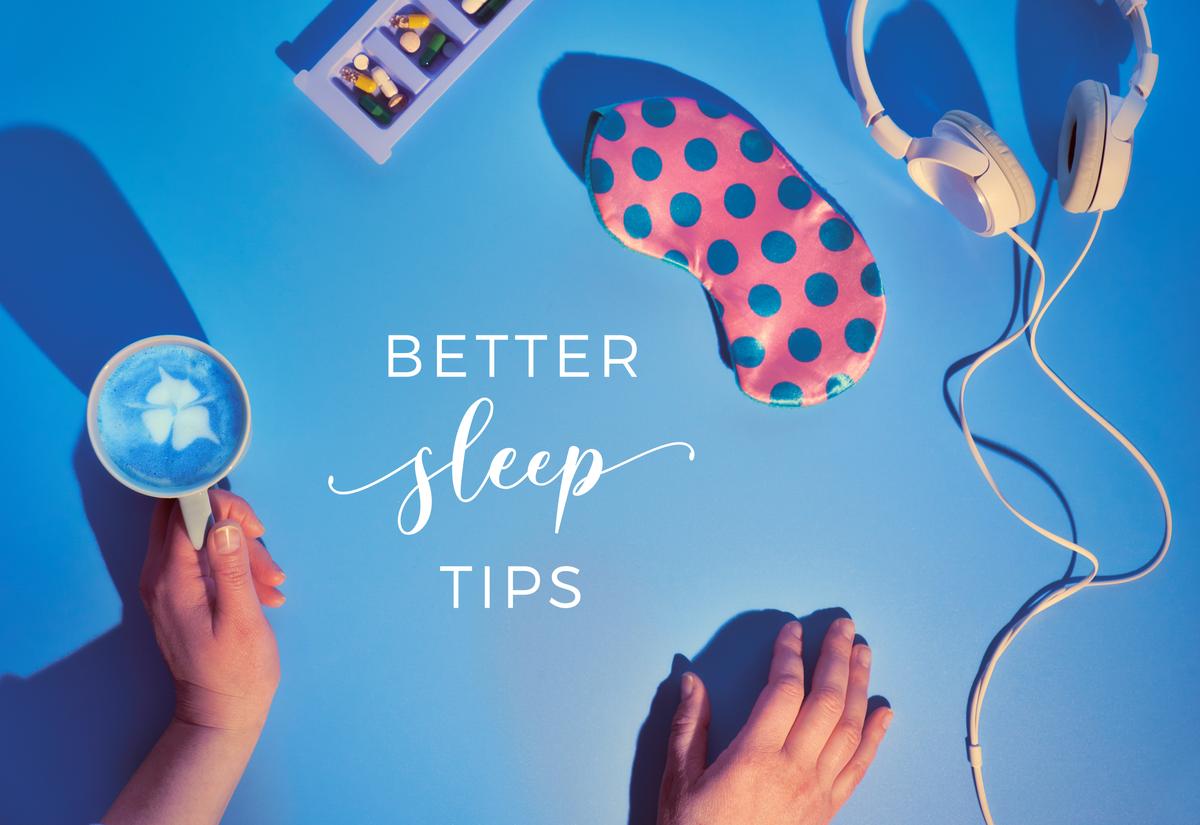Sleep is crucial for our overall health and well-being. However, many of us struggle to fall asleep at night, tossing and turning in bed. If you find yourself in this situation, implementing a healthy bedtime routine can make a significant difference in improving your sleep quality. In this article, we’ll explore a Health First routine designed to help you drift off naturally.
Establishing a Sleep Schedule
Consistency is Key
One of the fundamental aspects of a healthy bedtime routine is sticking to a consistent sleep schedule. Going to bed and waking up at the same time every day helps regulate your body’s internal clock, making it easier to fall asleep and wake up feeling refreshed.
Creating a Restful Environment
Optimize Your Bedroom
Your bedroom environment plays a crucial role in promoting quality sleep. Make sure your bedroom is conducive to rest by keeping it cool, dark, and quiet. Consider investing in blackout curtains to block out external light and using earplugs or a white noise machine to minimize disruptions.
Managing Daytime Naps
Keep It Short and Sweet
While the occasional power nap can provide a quick energy boost, be mindful of its duration and timing. Limit daytime naps to around 20-30 minutes and avoid napping too late in the day, as it can interfere with your ability to fall asleep at night [3].
Steering Clear of Stimulants
Say No to Caffeine and Alcohol
Certain substances, such as caffeine and alcohol, can wreak havoc on your sleep cycle. Avoid consuming these stimulants close to bedtime, as they can disrupt your ability to fall asleep and stay asleep throughout the night [5].
Practicing Relaxation Techniques
Wind Down Before Bed
Engage in calming activities before bedtime to signal to your body that it’s time to unwind. Consider incorporating relaxation techniques such as reading, meditation, or taking a warm bath into your nightly routine. These activities can help relax your mind and body, making it easier to transition into a restful sleep [2].
Limiting Screen Time
Dim the Lights
Exposure to screens, particularly those emitting blue light like smartphones, tablets, and computers, can interfere with your body’s natural sleep-wake cycle. To minimize this disruption, limit screen time at least an hour before bedtime. Instead, opt for activities that promote relaxation and prepare your body for sleep [4].
Conclusion
By implementing a Health First bedtime routine, you can improve your sleep quality and drift off to sleep naturally. Remember to prioritize consistency in your sleep schedule, create a restful bedroom environment, manage daytime naps effectively, avoid stimulants, practice relaxation techniques, and limit screen time before bed. Incorporating these habits into your nightly routine can help you achieve a deeper and more restorative sleep.
FAQs (Frequently Asked Questions)
- How long does it take to establish a bedtime routine? Establishing a bedtime routine can vary from person to person, but typically it takes a few weeks to adapt to new sleep habits fully.
- Can I make adjustments to the suggested routine based on my preferences? Absolutely! Tailor the bedtime routine to suit your individual needs and preferences, ensuring it promotes relaxation and restful sleep.
- What if I still struggle to fall asleep despite following a bedtime routine? If sleep difficulties persist, consider consulting a healthcare professional to rule out any underlying sleep disorders or medical conditions.
- Is it okay to use sleep aids or supplements to help me sleep? While occasional use of sleep aids or supplements may be appropriate, it’s essential to consult with a healthcare provider before incorporating them into your routine to avoid potential side effects or interactions.
- Are there any alternative relaxation techniques I can try besides the ones mentioned? Certainly! Experiment with different relaxation techniques such as progressive muscle relaxation, deep breathing exercises, or aromatherapy to find what works best for you.

